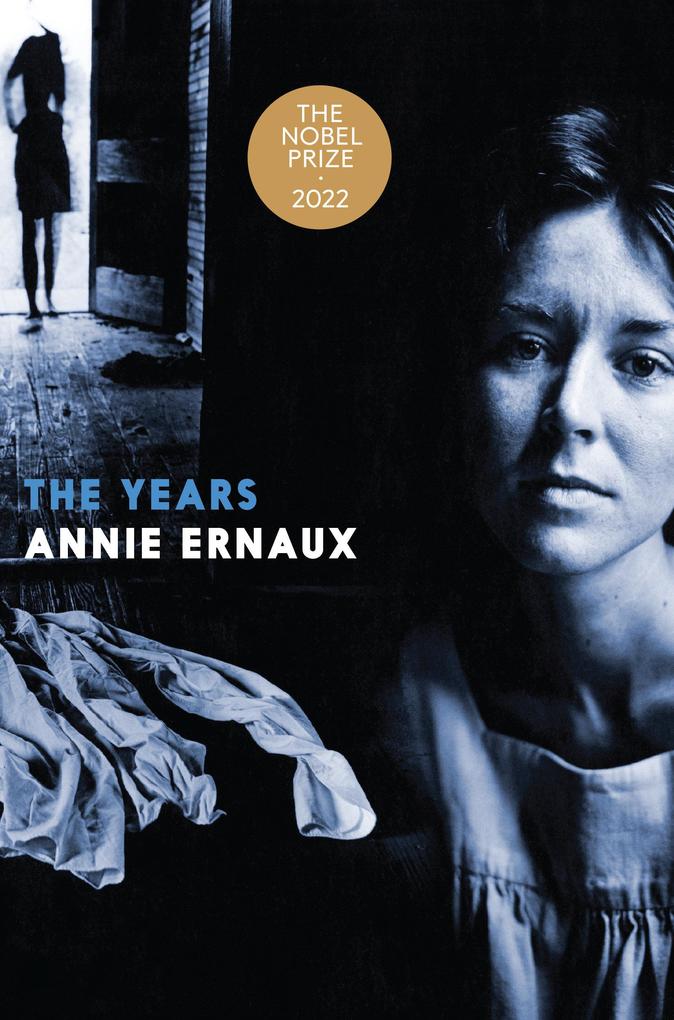
Zustellung: Fr, 27.12. - Mo, 30.12.
Sofort lieferbar
VersandkostenfreiBestellen & in Filiale abholen:
*Shortlisted for the 2019 Man Booker International Prize*
Co-winner of the 2018 French-American Foundation Translation Prize in Nonfiction
Winner of the 2017 Marguerite Yourcenar Prize for her entire body of work
Winner of the 2016 Strega European Prize
Considered by many to be the iconic French memoirist's defining work, The Years was a breakout bestseller when published in France in 2008, and is considered in French Studies departments in the US as a contemporary classic.
The Years is a personal narrative of the period 1941 to 2006 told through the lens of memory, impressions past and present-even projections into the future-photos, books, songs, radio, television and decades of advertising, headlines, contrasted with intimate conflicts and writing notes from six decades of diaries. Local dialect, words of the times, slogans, brands and names for the ever-proliferating objects, are given voice here. The voice we recognize as the author's continually dissolves and re-emerges. Ernaux makes the passage of time palpable. Time itself, inexorable, narrates its own course, consigning all other narrators to anonymity. A new kind of autobiography emerges, at once subjective and impersonal, private and collective. On its 2008 publication in France, The Years came as a surprise. Though Ernaux had for years been hailed as a beloved, bestselling and award-winning author, The Years was in many ways a departure: both an intimate memoir "written" by entire generations, and a story of generations telling a very personal story. Like the generation before hers, the narrator eschews the "I" for the "we" (or "they", or "one") as if collective life were inextricably intertwined with a private life that in her parents' generation ceased to exist. She writes of her parents' generation (and could be writing of her own book): "From a common fund of hunger and fear, everything was told in the "we" and impersonal pronouns."
Co-winner of the 2018 French-American Foundation Translation Prize in Nonfiction
Winner of the 2017 Marguerite Yourcenar Prize for her entire body of work
Winner of the 2016 Strega European Prize
Considered by many to be the iconic French memoirist's defining work, The Years was a breakout bestseller when published in France in 2008, and is considered in French Studies departments in the US as a contemporary classic.
The Years is a personal narrative of the period 1941 to 2006 told through the lens of memory, impressions past and present-even projections into the future-photos, books, songs, radio, television and decades of advertising, headlines, contrasted with intimate conflicts and writing notes from six decades of diaries. Local dialect, words of the times, slogans, brands and names for the ever-proliferating objects, are given voice here. The voice we recognize as the author's continually dissolves and re-emerges. Ernaux makes the passage of time palpable. Time itself, inexorable, narrates its own course, consigning all other narrators to anonymity. A new kind of autobiography emerges, at once subjective and impersonal, private and collective. On its 2008 publication in France, The Years came as a surprise. Though Ernaux had for years been hailed as a beloved, bestselling and award-winning author, The Years was in many ways a departure: both an intimate memoir "written" by entire generations, and a story of generations telling a very personal story. Like the generation before hers, the narrator eschews the "I" for the "we" (or "they", or "one") as if collective life were inextricably intertwined with a private life that in her parents' generation ceased to exist. She writes of her parents' generation (and could be writing of her own book): "From a common fund of hunger and fear, everything was told in the "we" and impersonal pronouns."
Produktdetails
Erscheinungsdatum
21. November 2017
Sprache
englisch
Seitenanzahl
240
Autor/Autorin
Annie Ernaux
Übersetzung
Alison L. Strayer
Verlag/Hersteller
Produktart
kartoniert
Gewicht
287 g
Größe (L/B/H)
208/141/22 mm
ISBN
9781609807870
Entdecken Sie mehr
Bewertungen
0 Bewertungen
Es wurden noch keine Bewertungen abgegeben. Schreiben Sie die erste Bewertung zu "The Years" und helfen Sie damit anderen bei der Kaufentscheidung.









